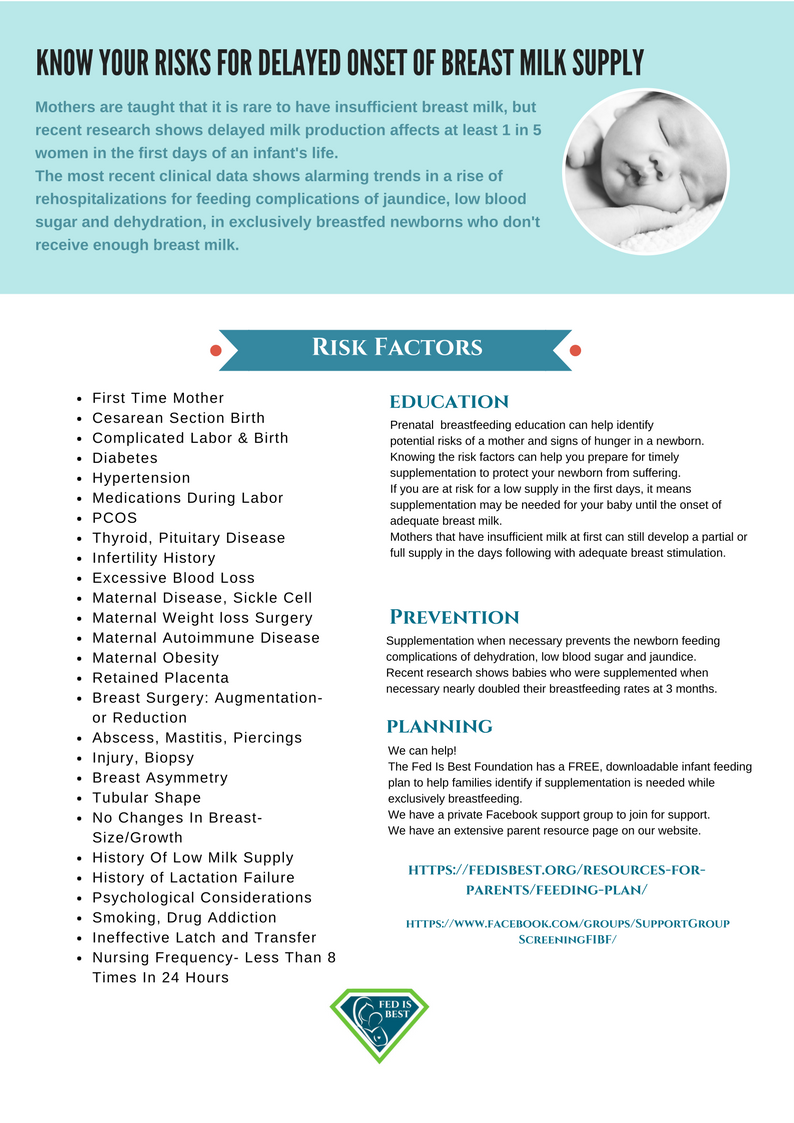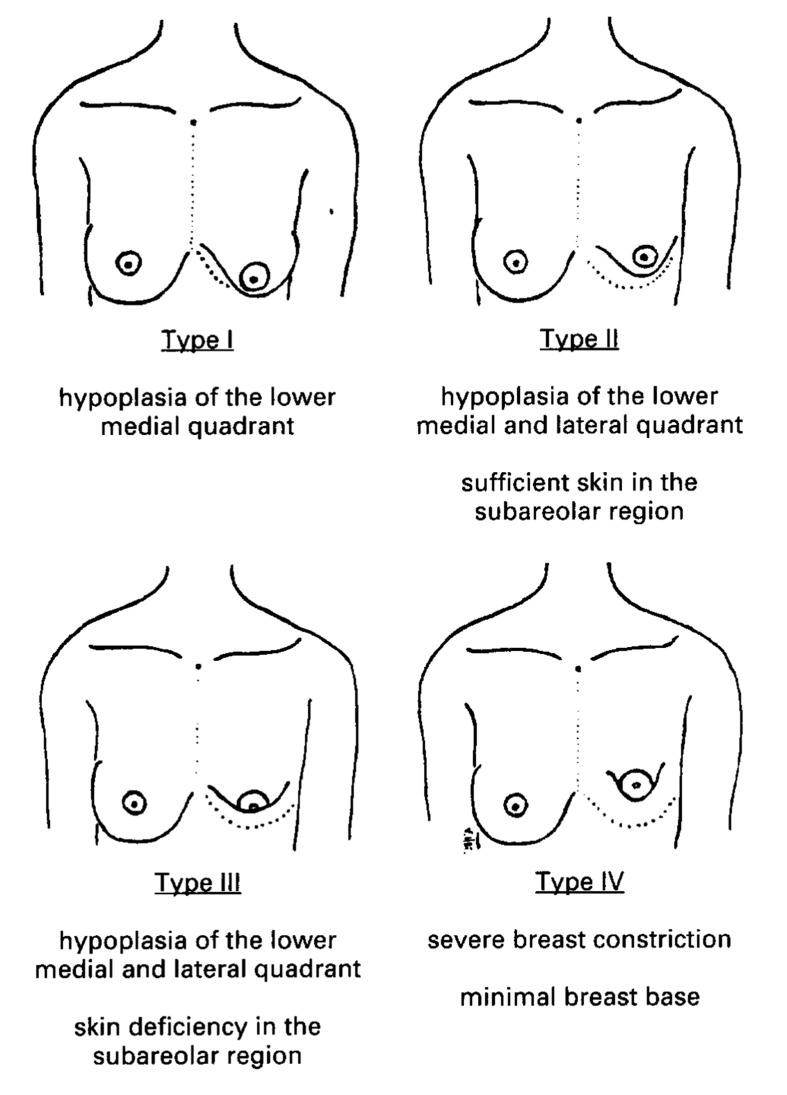When I struggled to breastfeed my son, I believed I was failing, not just at breastfeeding, but at motherhood. What was supposed to be the “best” way to feed my new baby was painful, anxiety-inducing, and landed my son back in the hospital for dehydration, eleven percent weight loss, and inability to take a bottle.
My hospital’s solution included many appointments with their lactation consultants, fenugreek from their new mother boutique, and a nurse-bottle-pump (triple-feeding) routine that drove me to the brink of despair and did nothing to increase my milk supply.
At no point in my son’s first two months did any of the lactation consultants, nurses, doctors, or any other medical staff offer a concrete explanation for my low milk supply or my son’s vice-clamp latch. Because no one seemed to know why we couldn’t get the hang of it, I felt I was not trying hard enough.
Sometime after my son’s first birthday (my original “breastfeeding goal”), I came across several online articles that explained insufficient glandular tissue, also called breast hypoplasia. I knew my breasts were an odd shape, but I was taught by the hospital lactation “experts” that breast shape and size didn’t determine breastfeeding ability. Looking at pictures of similar widely-spaced, tube-shaped breasts that produced little or no milk left me feeling a strange cocktail of emotions—validation, disbelief, anger.
I wondered why staff at my hospital, a long-time Baby Friendly Hospital Initiative (BFHI) accredited facility, hadn’t told me that I was at risk of insufficient milk production.

I vowed to deliver any subsequent babies at another local hospital that wasn’t “Baby-Friendly”. I wanted to formula-feed from birth and actually enjoy feeding my newborn. My body, though, had other plans. Four years of infertility and an early miscarriage preceded the successful pregnancy of my son, and the pelvic pain of endometriosis worsened after giving birth. I turned thirty-three a month before my entire reproductive system was removed. It’s a decision I would make again, but it meant there would be no do-over of the newborn days.
As my husband played with our almost-two-year-old while I lay on our couch recovering from surgery, I found the time and typed a five-page letter to my hospital’s Patient Relations Department. I explained, in detail, how warning signs were dismissed and how the triple-feeding schedule wrecked my mental health. I worked on this letter for days before I got up the courage to mail it.
The response back largely quoted from my charts, corresponded to my and my husband’s memory of our son’s early days. There was minimal apology and repeated defensiveness about wanting to help me reach my breastfeeding goals. They asked if I wanted to meet with them to discuss my concerns further. I asked them for copies of my medical records to review to prepare for a possible meeting.
A few months later, I finally saw our charts from his birth and readmission. What I read absolutely floored me. There, in black and white, was a note from the first lactation consultant (LC) to visit me after birth, saying she noticed my breasts were wide-spaced, which was sometimes an indicator of low milk supply, but “I will not discuss this with Mom at this time.”

Shocked and livid, I read further. A few other LCs noted my breast shape, but they only asked me if my breasts changed during pregnancy and took my confused “a little, I think” answer as confirmation that I’d be able to breastfeed. My overnight nurse noted that when she asked me to hand-express colostrum, there was none present, and when I pumped for the first time, I got two milliliters, which was fed to my son via a spoon.
My son lost four percent of his weight in less than twenty-four hours. Despite all this, I was discharged twenty-five hours after delivery and told to only breastfeed until a routine appointment on day three. Reading all this made me feel like they had sent him home to die. I was devastated.
Freshly enraged, I sent another letter to my hospital, largely focused on the first LC who had deliberately withheld such vital information. It was met with a form letter thanking me for bringing them my concerns. I got the message loud and clear that they didn’t care about what had happened to us. I asked The Fed is Best Foundation, for advice on where to go next. What followed was a whirlwind of complaints, some positive responses, and some negative ones. I share these with you in the hopes that you might to utilize my research to file your own complaints.
- The Joint Commission (a non-profit which accredits more than 21,000 hospitals, organizations, and programs) is more concerned with overall trends in hospital safety than with individual cases, but they have come out against several “Baby-Friendly” policies recently. Their web site has a user-friendly form where complaints may be filed for patient safety. Click here
- I printed and snail-mailed a form from the International Board of Lactation Consultant Examiners’ disciplinary board, where I specifically asked them to look into the LC who lied to me. In the past three months, I’ve received two mailed replies from them. The first response stated they received my complaint, and they passed it along to the proper authorities within their organization. The second response stated that they reviewed my complaint and were pursuing an investigation. I haven’t heard more from them yet, but I will continue to follow-up until I hear from them. Click here for complaint form
- I filed a complaint against the hospital with my state’s Board of Health, which also has a user-friendly web form. I imagine most, if not all, states have something similar. I was disappointed to receive an email a couple months later that they felt there was insufficient evidence to investigate but I am gathering more information to send to them. Click here for State Departments of Health
- From the same Board of Health web site, I filed a more specific complaint against the LC who lied to me with the state nursing board, since the LC was also a registered nurse. This complaint was my most recent, only a couple weeks ago, but I received an automated email saying they would contact me within a month. I was able to upload a copy of the damning chart to their form, so hopefully this one won’t fail for “lack of evidence.” Click here for National Council of State Boards of Nursing
- I emailed Baby-Friendly USA, which oversees the BFHI in the United States. Imagine my shock when, the next day, I found an email from one of their staff members, herself a nurse and LC, expressing sympathy and asking if she could talk with me further. We set up a phone call for a few days later, and she agreed our hospital stay and following weeks were mishandled. She directed me to the staff member who handles the formal complaint process, who took my information and sent it to my hospital. A few weeks later, the hospital reported back to her and she relayed to me that the hospital offered to meet with me to discuss my concerns and I had declined. I said that was true, but I didn’t feel they had adequately addressed my concerns and I didn’t see how I could explain myself more clearly, hence contacting her. She told me to contact my hospital directly, again. Click here to contact BFHI
- Another option is to contact your medical insurance carrier and file a complaint with them for reimbursement charges if your baby was readmitted to the hospital for exclusive breastfeeding complications. Medical insurance companies are noticing the current readmission trends. They have the power to make changes to keep babies in the hospital longer and to make sure exclusive breastfeeding complications are prevented.

The leading cause of newborn readmission is from jaundice. That vast majority of jaundice (86%) is caused by dehydration or underfeeding of exclusively breastfed newborns.
- I learned when contacting my hospital, it was imperative that I contact the CEO of the hospital to be sure my complaints were heard instead of dismissed. If your hospital doesn’t give you the time of day, go over their heads.
- I urge you to write a letter to the editor of your local newspaper and talk about your hospital experience and breastfeeding complications. I can guarantee you, there are many other mothers who experienced something similar. Finally, you may need find a malpractice attorney for a consultation.
If you and your baby have been harmed by restrictive breastfeeding protocols, speak up! No mother deserves to be lied to and no baby deserves to be harmed from breastfeeding complications and needless suffering to meet an exclusive breastfeeding threshold before discharge.
Obviously, some of the powers that be don’t care for whatever reason—but some do. The Joint Commission and everything through my state’s Board of Health can be submitted anonymously, which helped my confidence.
The Fed is Best Foundation has some sample letters if you don’t know where to start. Click here for sample letter. They also have a team of volunteers who will help you with contacting each organization. It may take a while to reverse these horrible trends, but writing and telling your breastfeeding complication story will create change and more importantly, protecting your baby from potential life long disabilities from unintended starvation.
HOW YOU CAN SUPPORT FED IS BEST
There are many ways you can support the mission of the Fed is Best Foundation. Please consider contributing in the following ways:
- Join the Fed is Best Volunteer group to help us reach Obstetric Health Providers to advocate for counseling of new mothers on the importance of safe infant feeding.
- Make a donation to the Fed is Best Foundation. We are using funds from donations to cover the cost of our website, our social media ads, our printing and mailing costs to reach health providers and hospitals. We do not accept donations from breast- or formula-feeding companies and 100% of your donations go toward these operational costs. All the work of the Foundation is achieved via the pro bono and volunteer work of its supporters.
- Share the stories and the message of the Fed is Best Foundation through word-of-mouth, by posting on your social media page and by sending our resources to expectant moms that you know. Share the Fed is Best campaign letter with everyone you know.
- Write a letter to your health providers and hospitals about the Fed is Best Foundation. Write them about feeding complications your child may have experienced.
- Print out our letter to obstetric providers and mail them to your local obstetricians, midwives, family practitioners who provide obstetric care and hospitals.
- Write your local elected officials about what is happening to newborn babies in hospitals and ask for legal protection of newborn babies from underfeeding and of mother’s rights to honest informed consent on the risks of insufficient feeding of breastfed babies.
- Send us your stories. Share with us your successes, your struggles and every thing in between. Every story saves another child from experiencing the same and teaches another mom how to safely feed her baby. Every voice contributes to change.
- Send us messages of support. We work every single day to make infant feeding safe and supportive of every mother and child. Your messages of support keep us all going.
- Shop and Fed is Best Foundation will earn cash back! We hope to develop our online safe infant feeding classes with these funds.
- If you need support, we have a private support group – Join
We believe all babies deserve to be protected from hunger and thirst every single day of their life and we believe that education on Safe Infant Feeding should be free. If you would like to make a donation to support the Fed is Best Foundation’s mission to teach every parent Safe Infant Feeding, please consider making a one-time or recurring donation to our organization.
Thank you so much from the Founders of the Fed is Best Foundation!




3 thoughts on “I Contacted Every Patient Safety Organization After My IBCLC Withheld Clinical Information From Me Causing My Newborn To Starve.”